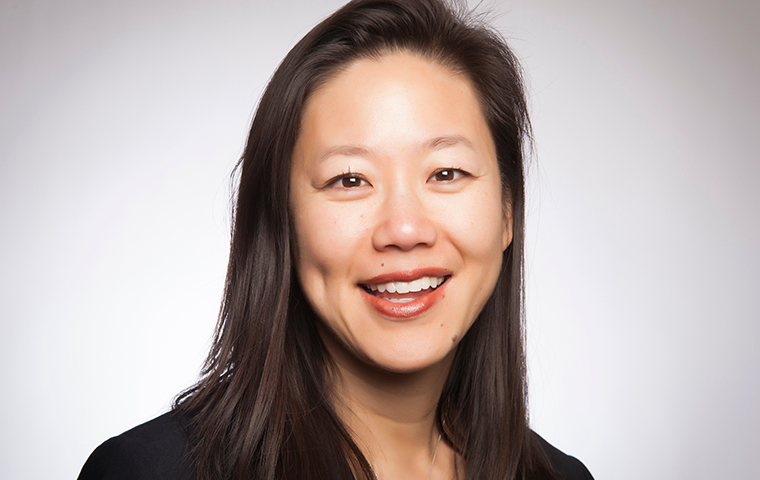
The Second Chance Gap
Law Professor Colleen Chien heads to Washington, D.C. to advocate for using technology to ensure individuals with criminal records get the “second chance” they’ve been promised.
Santa Clara Law Professor Colleen Chien’s research into the substantial roadblocks faced by millions of individuals with criminal records trying to reenter civilian life is helping fuel a national discussion on so-called Second Chance laws.
Representing SCU’s High Tech Law Institute, Chien, whose recent paper “The Second Chances Gap” defines the second chance gap and zeroes in on the disconnect between a person’s eligibility for and their ability to take advantage of second chance relief, will travel to Washington, D.C. this week to participate in an event hosted by the Center for American Progress.
The Nov. 15 event, called Clean Slate: Unlocking Opportunity Through Automatic Record-Clearing, will feature criminal justice reform advocates, philanthropic leaders, and political leaders from both sides of the aisle, including the Chan Zuckerberg Initiative and Koch Industries. Panelists will discuss ways to advance clean slate policy, or the automated clearing of criminal records of eligible individuals.
“The best remedy in the world would have no impact if no one used it,” Chien wrote in her paper, explaining the need for tech-driven solutions to expand access to record-clearing. “Computational code can be used to automate the identification, application for, and award of relief of eligible individuals.”
In the U.S., about one in three people have some type of criminal record. Though dozens of states have enacted reforms to give these individuals “second chances” such as regaining the right to vote, downgrading their convictions from felonies to misdemeanors, or clearing their records, very few have been able to take advantage of such relief, likely due to the complexity and expense of the application process.
Examining a random sample of approximately 15,000 adults seeking employment in the past 20 months, Chien estimates upwards of 40-50 percent Americans with criminal court records—or 20-25 million people—could clean their record with more efficient record-clearing processes.
Chien said she hopes the Washington event is a productive discussion on ways to harness technology to close the Second Chance Gap. “I hope that it empowers everyone—at all levels—to know they can take concrete steps now to help undo the damage of mass criminalization,” she said.